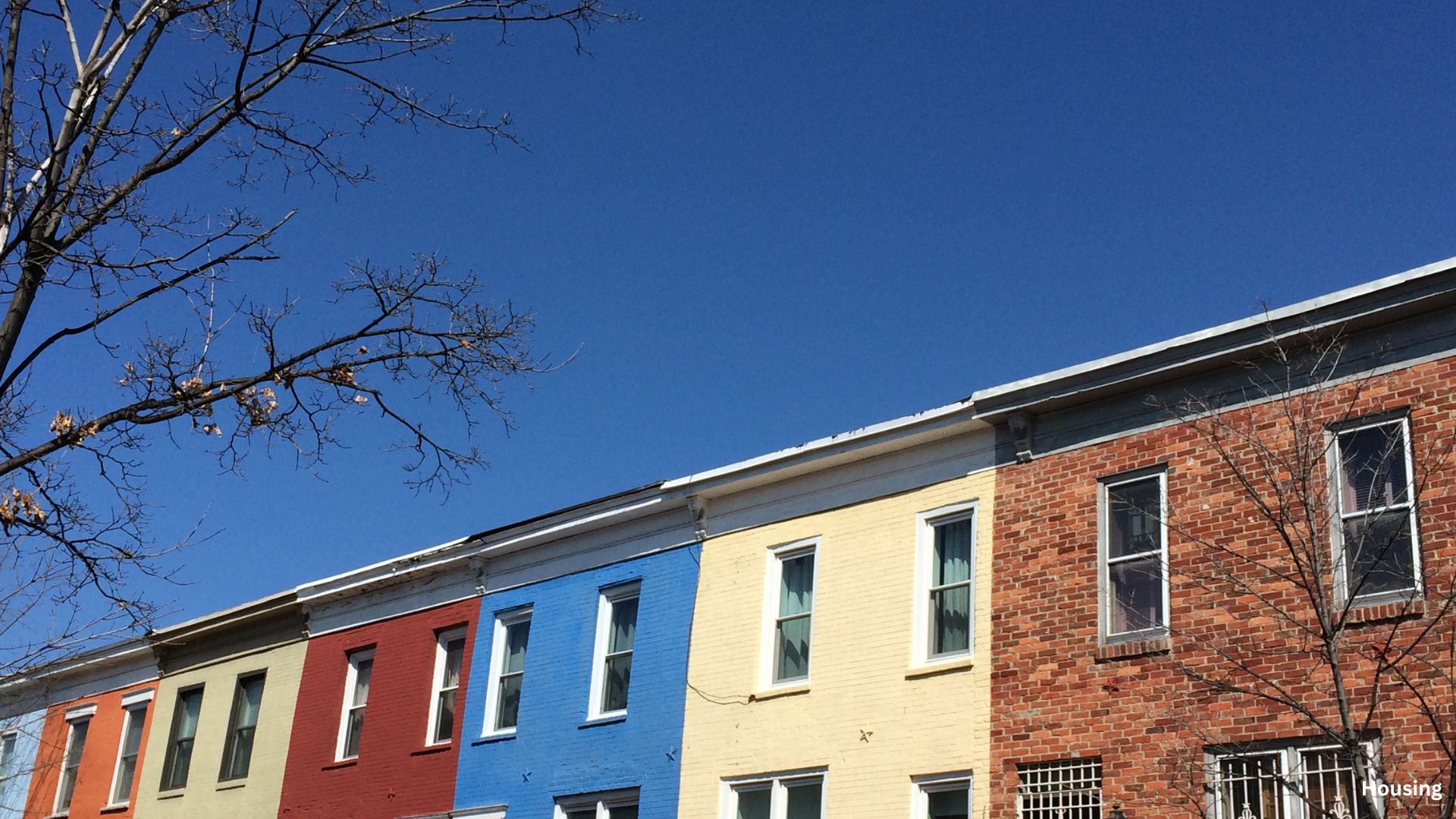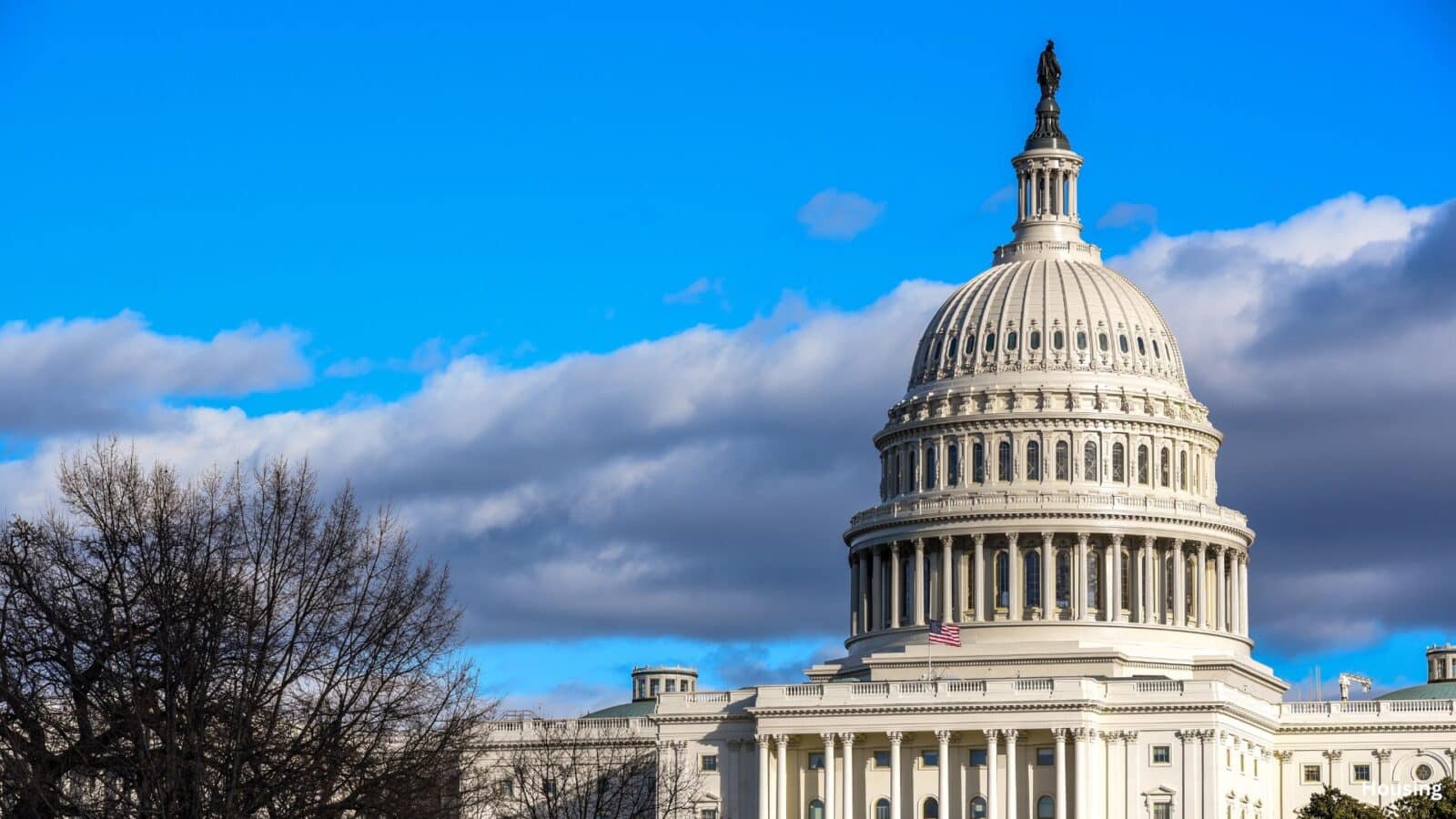The DC housing policy change is set to reshape the city’s affordable housing landscape as the D.C. Council moves to address unpaid rent and eviction policies. In a period of increasing financial strain on housing providers, Chairman Phil Mendelson’s proposal aims to roll back pandemic-era rental assistance laws, potentially creating significant consequences for tenants and landlords alike.

The Crisis in Affordable Housing
Washington, D.C.‘s affordable housing sector is facing a critical moment. Providers of low-income housing are struggling due to a significant rise in unpaid rent, high interest rates, and escalating insurance and maintenance costs. According to The Washington Post, the owners of Meadow Green Courts, an affordable apartment complex in Southeast Washington, reported that tenants owe $1.7 million in rent, making it increasingly difficult to maintain operations. This scenario reflects the broader crisis across the city’s affordable housing market.
Mendelson’s proposal would modify the Emergency Rental Assistance Program (ERAP), a system that provides support for tenants in dire financial situations. During the pandemic, ERAP rules were relaxed, allowing tenants to self-certify their need for assistance without requiring documentation. This provision, however, has led to complications. Some tenants stopped paying rent altogether, placing additional financial pressure on housing providers, who are now at risk of foreclosure or being forced to sell their properties. The DC housing policy change seeks to rectify this by tightening ERAP regulations, making it more challenging for tenants to access funds without documentation.

Key Elements of the DC Housing Policy Change
The DC housing policy change includes several significant revisions to ERAP. First, it would remove the self-certification option for tenants applying for rental assistance. Tenants would now be required to present documentation proving their financial need. Additionally, the proposal would limit the ability of judges to delay eviction proceedings. Currently, tenants can receive multiple delays if they repeatedly apply for ERAP funds. Under the new rules, only one delay per case would be allowed, significantly speeding up the eviction process.
In his memo to lawmakers, Mendelson emphasized that the DC housing policy change is necessary to prevent a worsening crisis. Without these adjustments, affordable housing providers risk going out of business or losing properties to foreclosure, further diminishing the city’s already limited affordable housing stock. The financial challenges landlords face have grown more severe, with many struggling to pay mortgages and other expenses while tenants remain in rent arrears.
Impacts on Tenants and Housing Providers
The DC housing policy change has generated considerable debate among tenant advocates and housing providers. While landlords argue that the current policies enable tenants to avoid paying rent for extended periods, advocates warn that the changes could result in a sharp increase in evictions. Vulnerable tenants who are already facing difficult financial circumstances could find themselves homeless if the proposal becomes law.
According to The Washington Post, a coalition of tenant advocacy groups expressed their concerns in a letter to the D.C. Council, stating that the policy changes fail to address the root causes of the city’s housing crisis. These groups argue for more comprehensive measures, such as additional funding for affordable housing programs, rather than focusing solely on eviction and rental assistance reforms.

The Path Forward for DC Housing
As the DC housing policy change moves through the legislative process, it’s clear that the D.C. Council is grappling with complex issues surrounding affordable housing. The proposal, which has garnered support from key council members, reflects the need to balance the interests of both housing providers and tenants. However, finding that balance remains a challenge, as many are concerned about the long-term implications of the policy shift.
For landlords, the revised policies may provide much-needed relief from the financial burden of unpaid rent, allowing them to continue operating their properties. For tenants, however, the changes could lead to faster evictions and increased housing instability. As D.C. continues to face a growing affordable housing crisis, the city will need to explore further solutions that protect both tenants and the viability of affordable housing.

The DC housing policy change is a critical step in addressing the financial challenges that housing providers face while balancing tenant rights. As the city debates the proposed reforms, the impact on both landlords and tenants remains a central concern, and the future of affordable housing in D.C. hangs in the balance.








